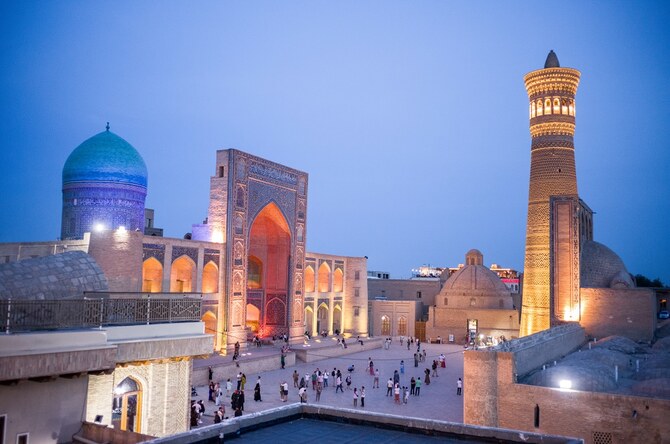In a move that reinforces Canada’s commitment to academic excellence and research innovation, Immigration, Refugees and Citizenship Canada (IRCC) has announced that international master’s and doctoral students enrolled at public institutions will be exempt from federal study permit caps beginning January 2026.
The update, part of Canada’s 2026–2028 Immigration Levels Plan, comes shortly after the government introduced major reductions in overall international student numbers.
🎓 Who Is Exempt?
The exemption applies to:
-
Master’s and PhD students studying at public universities in Canada.
-
Their accompanying family members, whose study or work permits will now be processed within 14 days.
Alongside this change, IRCC has launched a dedicated online portal for graduate students, providing tailored information on study pathways, work opportunities, and post-graduation options.
According to IRCC, this policy aims to preserve Canada’s reputation as a top destination for advanced research and innovation, highlighting that graduate-level students “play a critical role in Canada’s research ecosystem and are more likely to remain in the country after graduation.”
📊 Canada’s New Student Targets (2026–2028)
|
Year |
Target (New Student Arrivals) |
Range |
|---|---|---|
|
2026 |
155,000 |
(Approx. 150,000–160,000) |
|
2027 |
150,000 |
(Approx. 145,000–155,000) |
|
2028 |
150,000 |
(Approx. 145,000–155,000) |
These figures represent new international arrivals only, excluding study permit renewals, in-country program transfers, and extensions.
🧭 Why This Policy Matters
This policy is part of Canada’s broader effort to rebalance temporary immigration. The federal government plans to reduce the temporary resident population — which includes students, temporary foreign workers, and visitors — to below 5% of the total population by 2027.
The main goals include:
-
Achieving sustainable immigration growth aligned with Canada’s economic and housing capacity.
-
Easing pressure on housing, healthcare, and infrastructure.
-
Prioritizing high-value academic programs that contribute to research, innovation, and long-term prosperity.
💡 A Boost for Graduate Students
Graduate students have long been considered key contributors to Canada’s academic and innovation sectors. They:
-
Conduct vital research in science, technology, healthcare, and engineering.
-
Are more likely to apply for permanent residency after completing their studies.
-
Strengthen Canada’s global reputation as a leader in advanced education and research.
By excluding this group from the study permit cap, Canada ensures that its universities remain competitive and continue attracting top international talent.
🌍 What This Means for Middle Eastern and International Students
For students from the Middle East and North Africa, this change opens a new window of opportunity.
-
Master’s and PhD programs will not be affected by permit limits.
-
Applications will be processed faster and more transparently.
-
Students can plan their studies in Canada with greater confidence and stability.
📌 Final Thoughts
This policy marks a strategic balance between maintaining Canada’s global appeal to top-tier students and managing immigration sustainably.
While undergraduate study permits will remain subject to strict quotas, graduate students will continue to benefit from Canada’s welcoming academic environment and research-focused ecosystem.
🎓 Thinking about graduate studies in Canada?
At Bassmah Education, we help you choose the right university, prepare a strong study permit application, and make your Canadian dream a reality.
📞 Contact us today to explore your options and secure your place at one of Canada’s leading universities.






